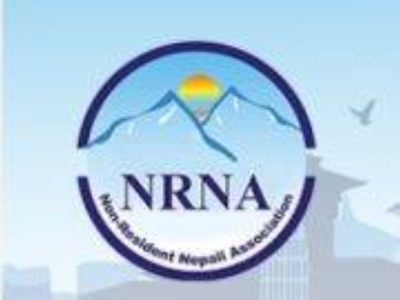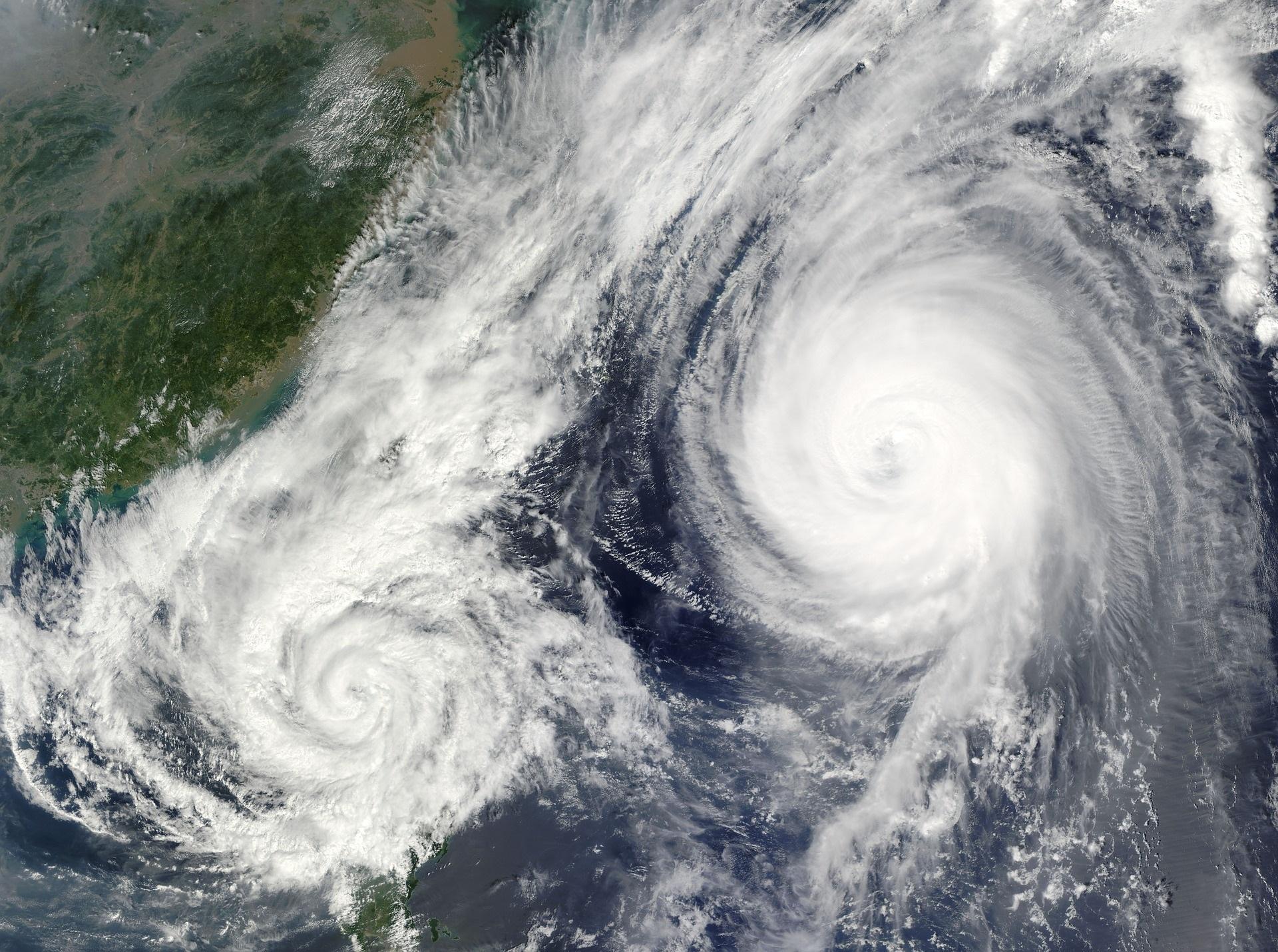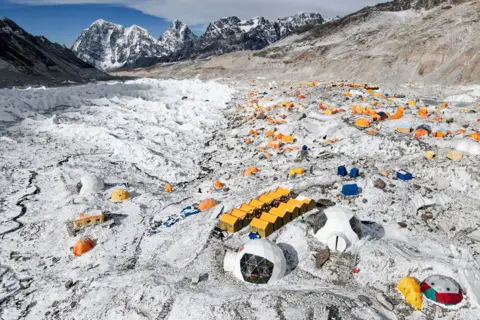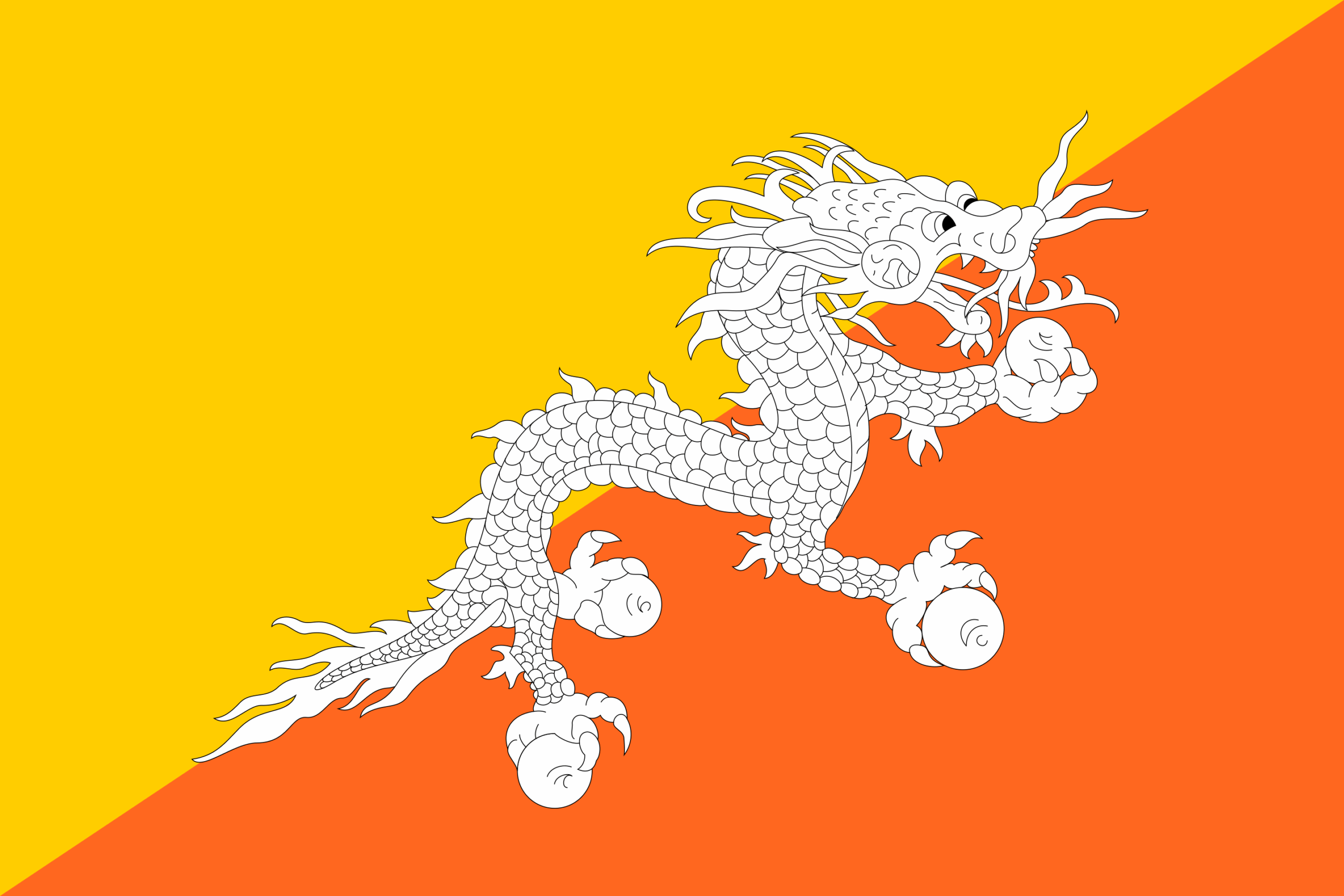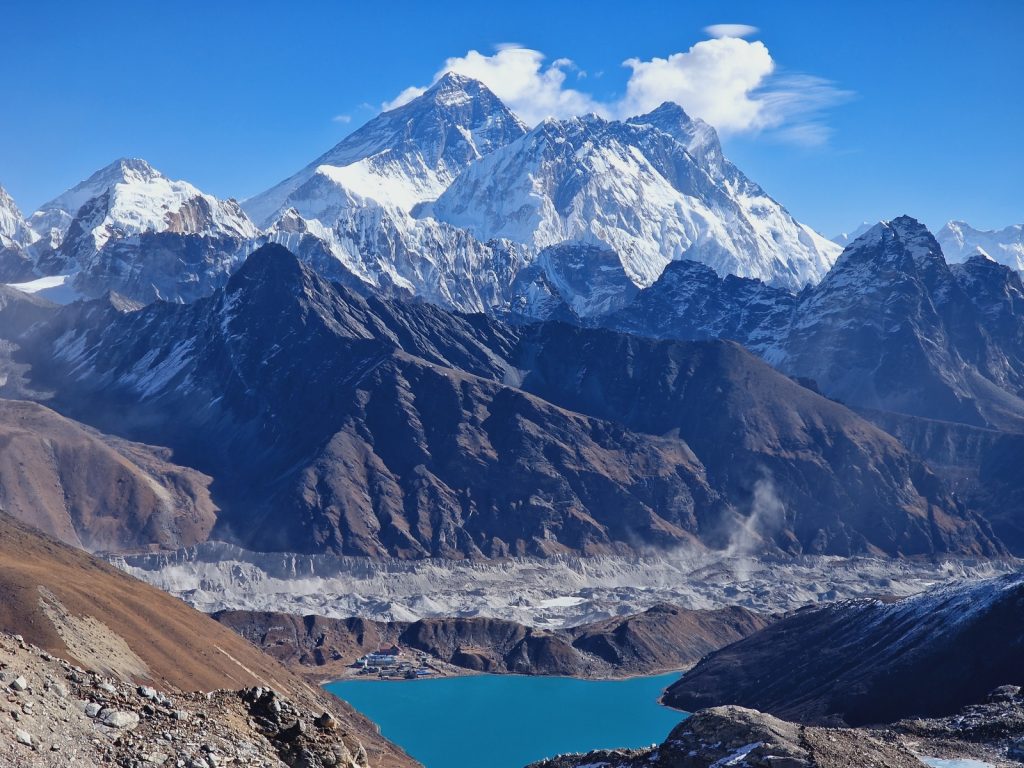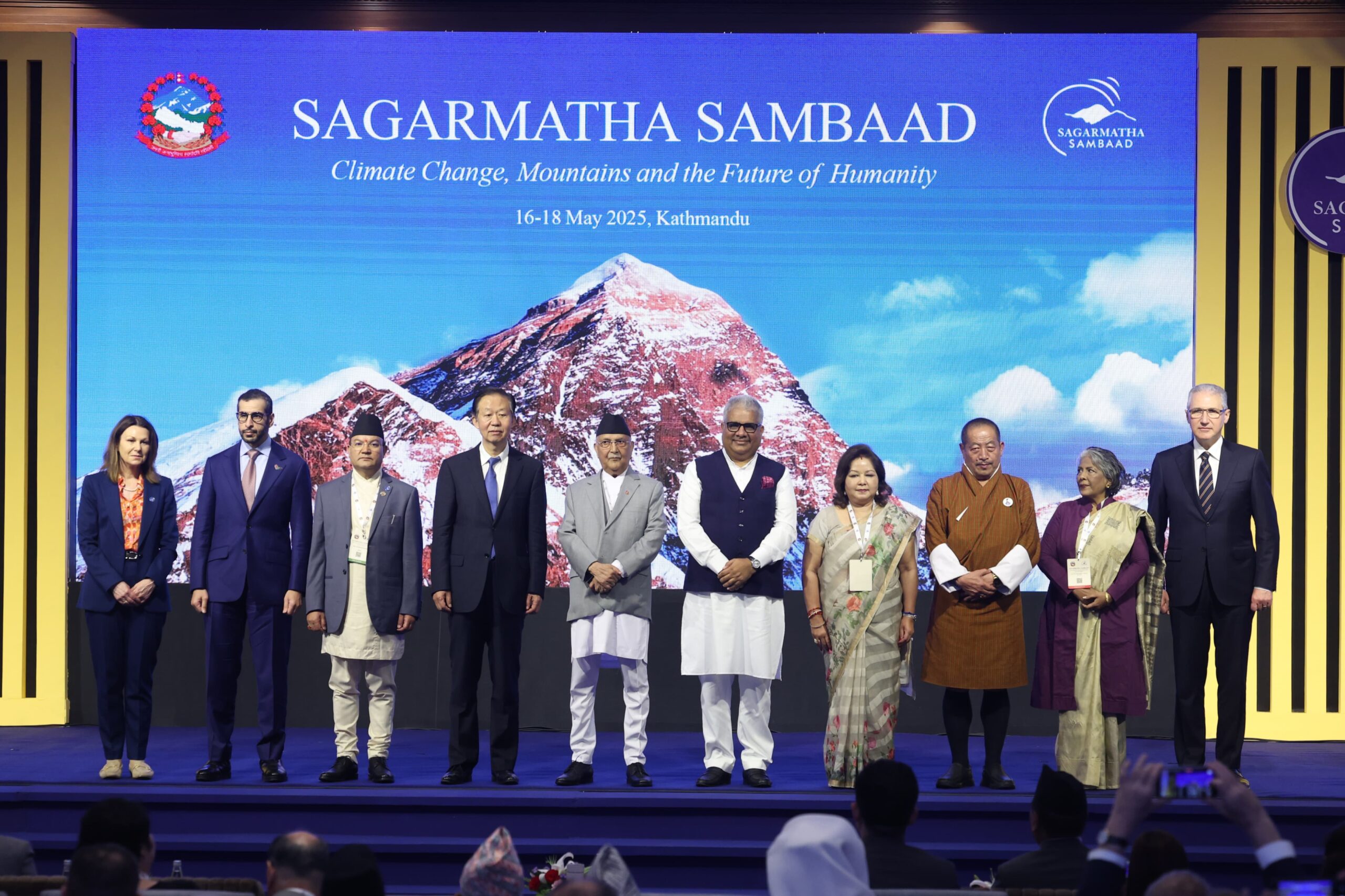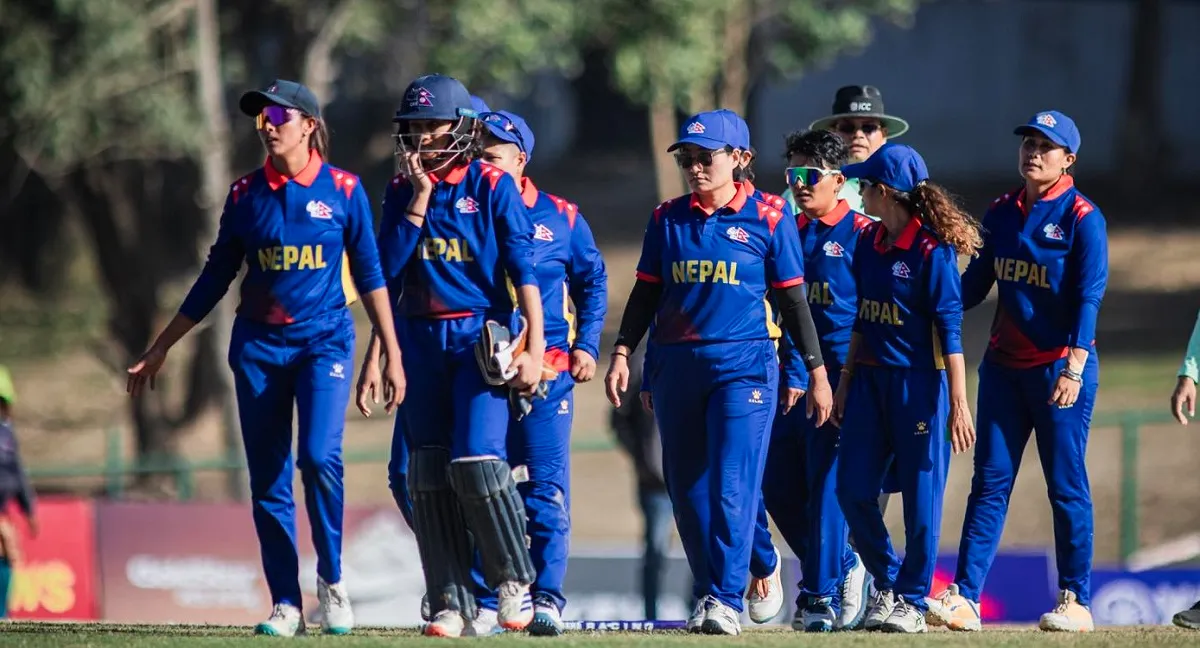Kathmandu, May 05, 2025 — The Non-Resident Nepali Association (NRNA) has elected a new executive committee under the leadership of Japan-based entrepreneur Mahesh Shrestha, marking a major milestone in resolving the organization’s longstanding internal rift.
The results were officially announced by the election committee on the second day of the NRNA Unity Convention, held in Kathmandu. Shrestha was unanimously elected chairperson, with no opposing candidates.
The new leadership team includes Khagendra Neupane, Lok Prasad Dahal, Sunil Kumar Shah, Manoj Kumar Shrestha, Bishwasdeep Limbu, Buddhisagar Subedi, and Janaki Gurung as vice-presidents. Baburam Lama has taken on the role of general secretary, supported by secretaries Tanka Prasad Gaire, Chintamani Sapkota, Tilak Prasad Gaire, and Devaki Khatri Gurung.
The finance department is now headed by Thakur Prasad Dhungana as treasurer and Krishna Prasad Pokharel as deputy treasurer. Additionally, Rashmi Thapa was elected women’s coordinator and Bhimsen Thapa youth coordinator.
Regional coordinators were also chosen to represent global chapters:
-
Balram Shrestha for Asia-Pacific
-
Prem Bahadur Gurung for Europe
-
Ramesh Shrestha for the Middle East
-
Dhiluram Parajuli for North and South America
-
Irsad Ahmad for Oceania
The unity convention was convened by a high-level committee chaired by NRNA patron Shesh Ghale, following an April 2024 Supreme Court directive issued by Justices Sapana Pradhan Malla and Nahakul Subedi. The order was a response to prolonged disputes over delegate selection for the association’s 10th convention, which had led to deep divisions and parallel operations within the organization.
The committee—initially formed during the 81st meeting in January 2022 under then-president Kumar Pant—also included notable figures such as Upendra Mahato, Jiba Lamichhane, Dev Man Hirachan, Bhawan Bhatta, Ram Pratap Thapa, and Pant himself. The Supreme Court later reinstated this group, giving it the authority to steer the association toward reconciliation.
However, the executive committee led by Badri KC, elected during the controversial 11th International General Assembly, chose not to participate in the unity process. KC’s faction continues to assert that its mandate remains valid until October 2025 and has announced plans to hold the 12th International General Assembly and Global Conference in Kathmandu from October 11 to 14.
The absence of founding president Upendra Mahato and other senior founding members underscored the ongoing division, despite attempts at unification.
Addressing the opening of the convention, Foreign Minister Arzu Rana Deuba made a decisive statement:
“We recognise only one NRNA,” she said. “My ministry acknowledges this one. Everyone should unite under this. There will be no separate entities. This is the official one.”
The NRNA has long served as a vital bridge between Nepal and its diaspora, traditionally focusing on non-partisan, developmental objectives. However, recent years have seen an erosion of unity, with increasing politicisation and internal power struggles.
The latest convention and leadership transition offer a renewed opportunity to stabilize and revitalize the NRNA’s mission, provided all factions work toward sustained cooperation and institutional reform.


